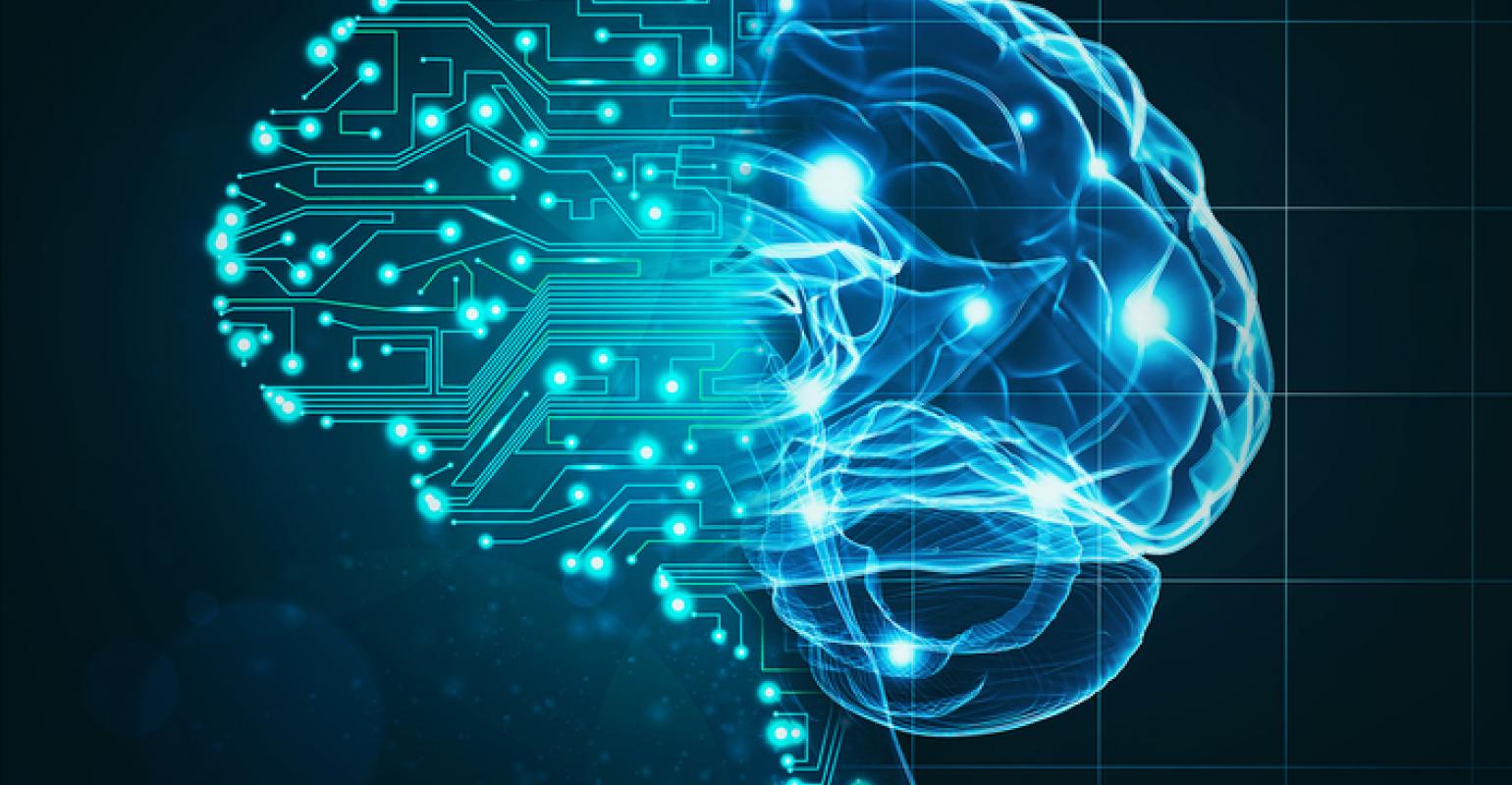AI (or Artificial Intelligence) is a technology that has come forward leaps and bounds over the last decade. AI has revolutionised almost every industry by perfecting menial or time-consuming tasks and eliminating human error, allowing for humans to dedicate more time to complex or creative tasks. To put it simply, AI describes any task performed by a program or a machine that, if a human carried out the same activity, we would say the human had to apply intelligence to accomplish the task. AI systems will typically demonstrate at least some of the following behaviours associated with human intelligence: planning, learning, reasoning, problem solving, knowledge representation, perception, motion, and manipulation and, to a lesser extent, social intelligence and creativity. This may sound quite scary, but remember, AI cannot perform any task it hasn’t been coded to do- computers aren’t conscious, so don’t expect a machine uprising any time soon!
But what does any of this have to do with dentistry? Well, currently there are 3 main applications for Artificial Intelligence in the dental field: detecting tooth decay, smart scheduling and smart patient communication.
Detecting Tooth Decay
If we suspect a patient is suffering from tooth decay, we sometimes take what is called a Bitewing Radiograph, which is a picture of the upper and lower jaws and the teeth within. A dentist sometimes has to view dozens of these pictures daily, looking for signs of decay on up to 300 surfaces. This is a very time-consuming and fatiguing job, and it’s not uncommon for a dentist to potentially miss signs of tooth decay after viewing so many radiographs. This is where AI comes in- computers can be utilised to highlight potential problem areas on radiographs, thereby reducing missed signs of decay. The more radiographs the AI scans, the better it will become at spotting abnormalities, leading to an almost flawless rate of correct diagnoses.
Smart Scheduling
In addition, AI can be used to schedule patient appointments in order to free up dentist’s time and maximise their productivity. This will also reduce the burden on scheduling personnel and potentially eliminate the need for lengthy training sessions for new hires.
Smart Patient Communication
Queries from patients after appointments could effectively be answered using AI or directed to the dentist if a situation so demands. This will reduce the time spent by scheduling and clinical staff on handling prescription refill requests or answering simple queries such as post-op care instructions, what to expect after procedures or how to recognise emergencies.
These are just a few ways AI is being used in the dental industry, and we hope from this you can see that AI isn’t the scariest thing in the world, and is just used to make our lives easier! The less time dentists have to spend on simple and menial tasks, the more time we can spend on our number one priority- the health and care of our patients. If you have any oral health queries at all, just give us at London Holistic Dental Centre a call on 020 7487 5221 and we’ll book you in for an appointment as soon as possible.

